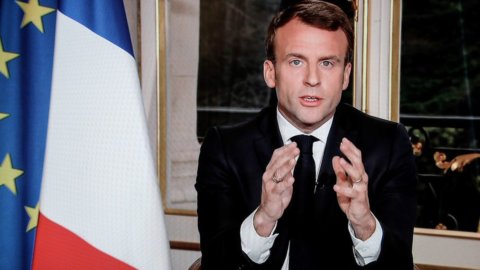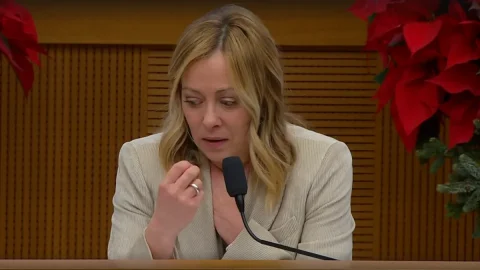Italian companies threatened by the lira. No, it's not a nightmare that comes from the past, but rather a failed promise of the future. The lira in question is the Turkish one and the companies in question - even quite large ones - are those that invested in the country during the years of the economic boom of the bridge between Asia and Europe.
The Turkish currency is in free fall. It loses 10 percent compared to last year, thus pulling the handbrake on a nation that has seen growth rates between 7 and 9 percent. Until 2010, Turkey followed closely behind the BRICS – Brazil, Russia, India and China – in the escalation of emerging countries. The Istanbul Stock Exchange gained 80 percent capitalization from mid-2011 to last May, when it reached an all-time high.
This take-off appealed to many, including Italians. In 10 years, writes Luca Pagni in La Repubblica, Italian companies in Turkey have increased from 200 to 975. And import-export between the two countries has reached 23,9 billion dollars, in Europe second only to Germany. The Via Cristoforo Colombo newspaper also mentions excellent cases. There is Unicredit, which has taken over 41 percent of Yapi Credit, a bank with a profit of almost one billion. There is Fiat, which even in 1971 set up a joint venture between Tofas, the main Turkish car manufacturer, and Turk Tractor, leader in the agricultural machinery sector.
There is Pirelli, which has set up a tire factory which exports 60 percent of its production and which employs almost 2000 people. There are the pharmaceutical companies, such as Recordati, which has launched a 35 million dollar investment for its Turkish subsidiary purchased in 2010. And then, of course, there are the infrastructures, the backbone of the nation's rapid development. The Astaldi group, in joint venture with the Turkish Ictas, will build the third bridge over the Bosphorus. A work costing 4,5 billion dollars and which will be ready in 10 years.
Today a cold shiver runs down the spine of the ardent investors - Italian and non-Italian - in Turkey. The economy is now more fragile, as is society – with the harsh repression of the army on the protests in Gezi Park – inflation in July soared to 9 percent and the lira continues to lose ground against the euro and the dollar. A fall that seems difficult to cushion, given the poor results of the central bank's interventions, which in a few days injected liquidity into the system and raised the rates from 7,25 to 7,75 percent.





